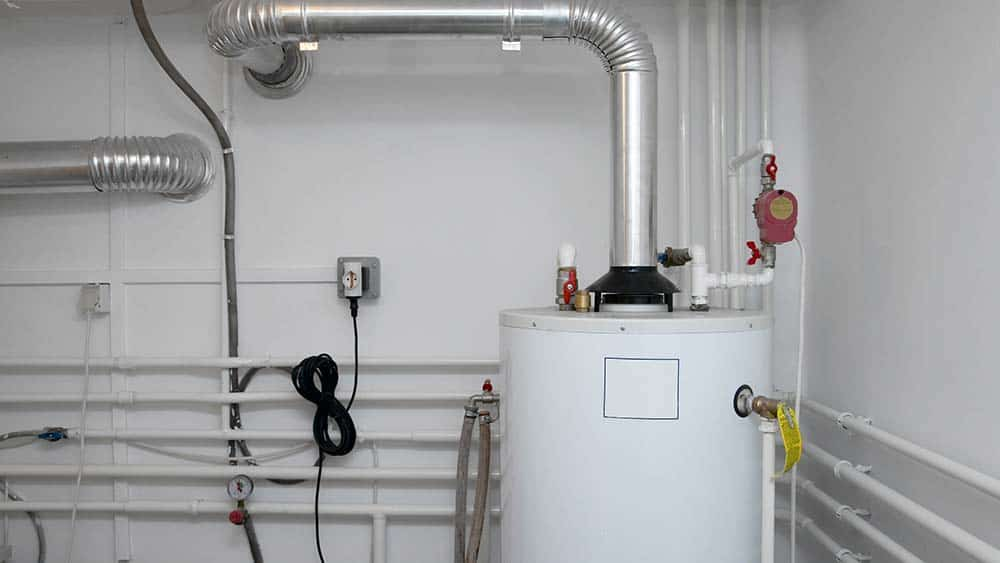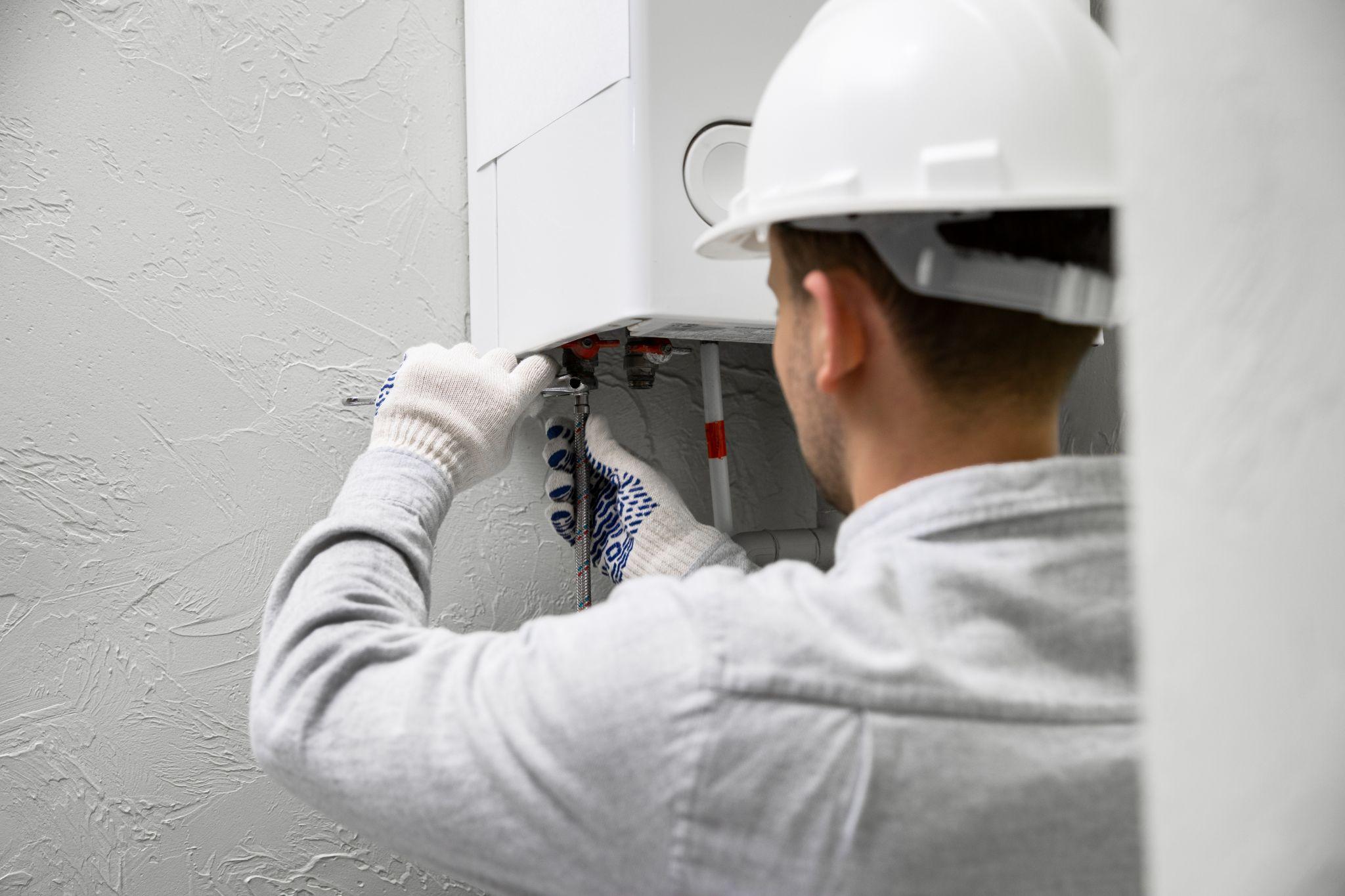Whatever the reason may be, whether it be a new home, a new system on an older building, or a commercial property makeover, selecting heating systems has to be considered carefully in assessing your area, your lifestyle, and the objectives of the future.
This guide will take you through the factors to take into consideration so as to make a well-informed decision that will balance out performance, efficiency, and cost.
Assess Your Property’s Heating Needs
It is good to check your property before choosing the right heating and cooling services. Square footage, climate quality, insulation, the number of people to live in a building, as well as the available infrastructure, are some of the other factors that play a vital role in facilitating the determination of the most suitable.
Understand Different Types of Heating Systems

Each heating system has its advantages and drawbacks. Getting to know the principles of each when selecting heating systems, you are likely to understand which one will be the most appropriate to choose.
1. Furnaces
Furnace is one of the most typical heat systems, particularly in North America. After heating the air, they suspend it in a property with ductwork. Furnaces may be fuelled by electricity, natural gas, or oil.
2. Boilers
Boilers warm water and spread it through radiators or floor heating pipes. They give constant and uniform heat and are particularly favoured in old-fashioned buildings.
3. Heat Pumps
Heat pumps do not provide heat, but move it. They are three to five times more efficient than a gas alternative. The most popular are the air-source heat pumps, yet the ground-source (geothermal) ones are more efficient.
4. Electric Heating
Electric baseboards and radiant panels are easy to install and provide zone heating. All these systems cannot be used in large areas and are best used as secondary heat sources because they have high operating costs compared to the others.
5. Radiant Heating
This type uses a system called heat pads and special products to produce heat through a heating mechanism known as radiant heating. Through the underfloor heating system, the electric cables or hot water pipes beneath the floor heat up to warm a room on the ground. It is very comfortable and efficient, although costly to install, especially in settings that require a retrofit.
Evaluate Energy Efficiency and Environmental Impact
Energy efficiency of the heating system is one parameter that cannot be understated, whether in the ability to ensure that we pay minimal in the heating bill each month or reducing the toll we take on the environment. Find high-efficiency rated systems:
- Transformation of furnace and boiler fuel is determined by the AFUE (Annual Fuel Utilization Efficiency)
- The rank of heat pumps is determined by HSPF ( Heating Seasonal Performance Factor ) and SEER ( Seasonal Energy Efficiency Ratio )
- The use of ENERGY STAR 7 certification indicates that the system is more efficient than the government requirements.
Reductions in carbon footprint are basically minimal with green technologies such as heat pumps and solar-aided heating, and can receive a governmental refund or an exemption in the taxation of income.

Consider Installation and Maintenance Costs
The cost of ownership (installation, maintenance cost, and operating cost) should be the guiding force behind your decision, even though up-front cost is an apparent consideration.
- Difficulty of Installation
- Fuel Availability
- Maintenance Requirement
The most important thing in long-term satisfaction is being able to select the system that suits your budget as well as your heating requirements without straining your bank account.
Factor in Smart Technology and Features
The latest heating systems are installed with some features that enhance comfort, efficiency, and convenience.
- Smart Thermostats: These memorize your habits and routine, so that they become energy efficient.
- Zoning Capabilities: These kinds of systems will have the ability to heat different portions of your residence independently, which is excellent when your house or the building you are working in is multi-storied or the occupancy is different in different parts of your premises.
- Variable-Speed Blowers: These achieve higher efficiency since they can vary their output due to demand, serving not every time the engine is pushed.
- Enhanced Air Filtration: Advanced heating systems will have built-in air purifiers or moisture controls to achieve a better indoor environment.
When choosing a heating system, you should choose the technology that can fit into your lifestyle.
Seek Professional Guidance
Although reading about heating systems itself is an excellent choice, it is a must to invite a licensed HVAC specialist, such as Chilled Services. A skilled worker can:
- Conduct a correct calculation of heat load
- Suggest the system solutions depending on what you have to spend, the area available, and your objectives
- Assess the ductwork or radiant current installed on your property
- Give knowledge of the local building codes, rebates for efficiency, and the logistics of installation
An installed system must be safe to operate, efficient, and meet warranty demands. In addition, contractors will also assist you in financing and the utility incentives applicable in your area.
Key Takeaway
The choice concerning a suitable heating system is not simple and requires appropriate calculations, findings, and critical assessment. After thoroughly analyzing your heating needs, getting acquainted with various types of systems, putting the energy efficiency and costs into consideration as well as working with the current technology, it is possible to select a system that is going to perform faithfully and deliver long-term value.

